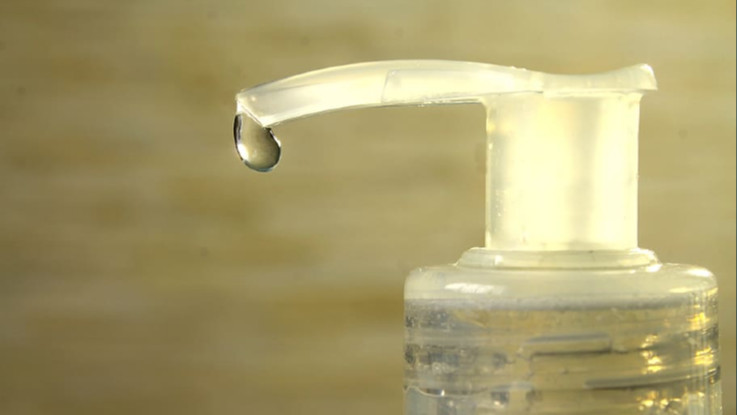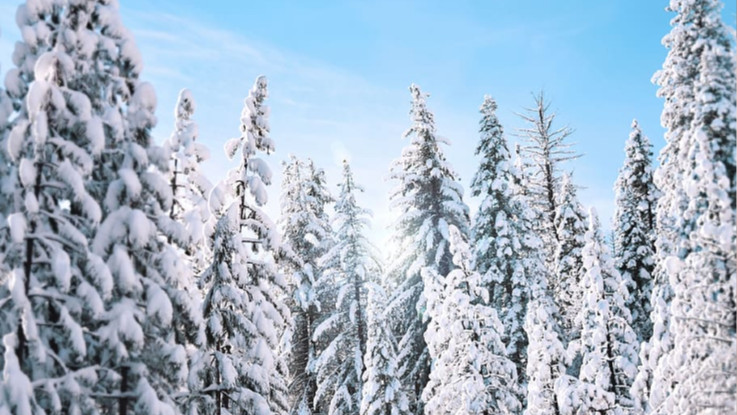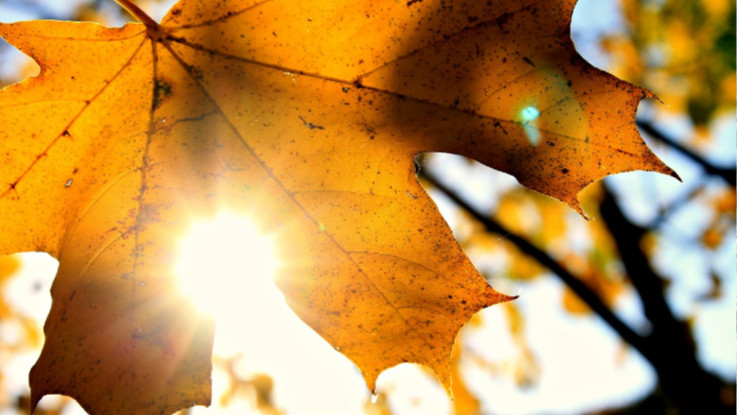1Eating Garlic will help prevent Coronavirus

Another myth that surrounds the Coronavirus pandemic is the fact that eating garlic will prevent it from the coronavirus from infecting a person. Although garlic is considered as a health food with some antimicrobial properties, researches have noted that it does not prevent a person from getting infected with Coronavirus.
2Only older and young people are at risk

Many believe that coronavirus only spread to either old people or young adults. However, this is not true. The Coronavirus can infect people of all age. Older people and those with pre-existing medical conditions like asthma, diabetes, heart disease and more appear to be more vulnerable to becoming ill with the virus.
3Spraying alcohol or chlorine all over the body will kill Coronavirus

Another myth that is doing rounds is that spraying alcohol or chlorine all over one’s body will kill the Coronavirus. This is not true at all. If you are already infected with Coronavirus this means it has entered your body and spraying substances all over the body will only harm clothes or mucus membranes.
4Vaccines against pneumonia can protect from Coronavirus

This is another false information that has been circulated around the globe that vaccines against pneumonia can protect one from the Coronavirus. Multiple organisations have cleared that vaccines against pneumonia, such as pneumococcal vaccine and Haemophilus influenza type B (Hib) vaccine, do not provide protection against the new coronavirus. This is because it is a kind of Virus and it requires a new vaccine.
5Thermal scanners can diagnose Coronavirus

Many people believe that thermal scanners can instantly detect whether a person has a Coronavirus or not. However, this is not true. The thermal scanners can detect whether someone has a fever, though it can be due to other factors such as seasonal flu. Additionally, the symptoms of COVID-19 appear 2 to 10 days after the infection. This also means that a person with coronavirus could have a normal temperature for a few days before the fever begins.
6Cold weather and snow can kill Coronavirus

It is also reported that snow and cold weather can kill the coronavirus or in fact any other diseases. However, this is not true. For your information, the human body maintains a temperature around 36.5-degree Celsius to 37-degree Celsius regardless of the external temperature or weather. So, this means that the Coronavirus cannot be killed due to cold weather and snow.
7Drinking alcohol will reduce the risk of Coronavirus

There have many rumours about the fact if you drink alcohol, especially vodka, you are less likely to get infected with COVID-19. Multiple health organisations like WHOT, CDC and more has revealed that there is no link between alcohol consumption and prevention of COVID-19. In fact, alcohol consumption will only weaken the immune system, thus making us more prone to the virus and other diseases.
8Mosquito bites can transfer Coronavirus from one to another

This myth is doing round on the internet and on WhatsApp. People believe that mosquito can spread the Coronavirus. However, this is not true as there no evidence to suggest that the new virus can bs transmitted by mosquitoes. The Coronavirus is a respiratory virus, which spreads through droplets generated when an infected person coughs or sneezes or through droplets of saliva or discharge from the nose.
9Coronavirus cannot be transmitted in hot and humid climates

Multiple people believe that Coronavirus cannot be transmitted in hot and humid climate conditions. However, this information is false as from the evidence so far, the COVID-19 virus can be transmitted in all areas, including those which have hot and humid weather. So, if you are living in a coastal area or place where there is a hot and humid climate, you should follow preventive measures.
10Rinsing the nose with saline products will protect against COVID-19

There is no evidence that justifies that a saline nose rinse products protect against respiratory infections. There is some limited evidence that regularly rinsing the nose with saline help people to recover quickly from the common cold, but, it does not protect against the novel Coronavirus.


